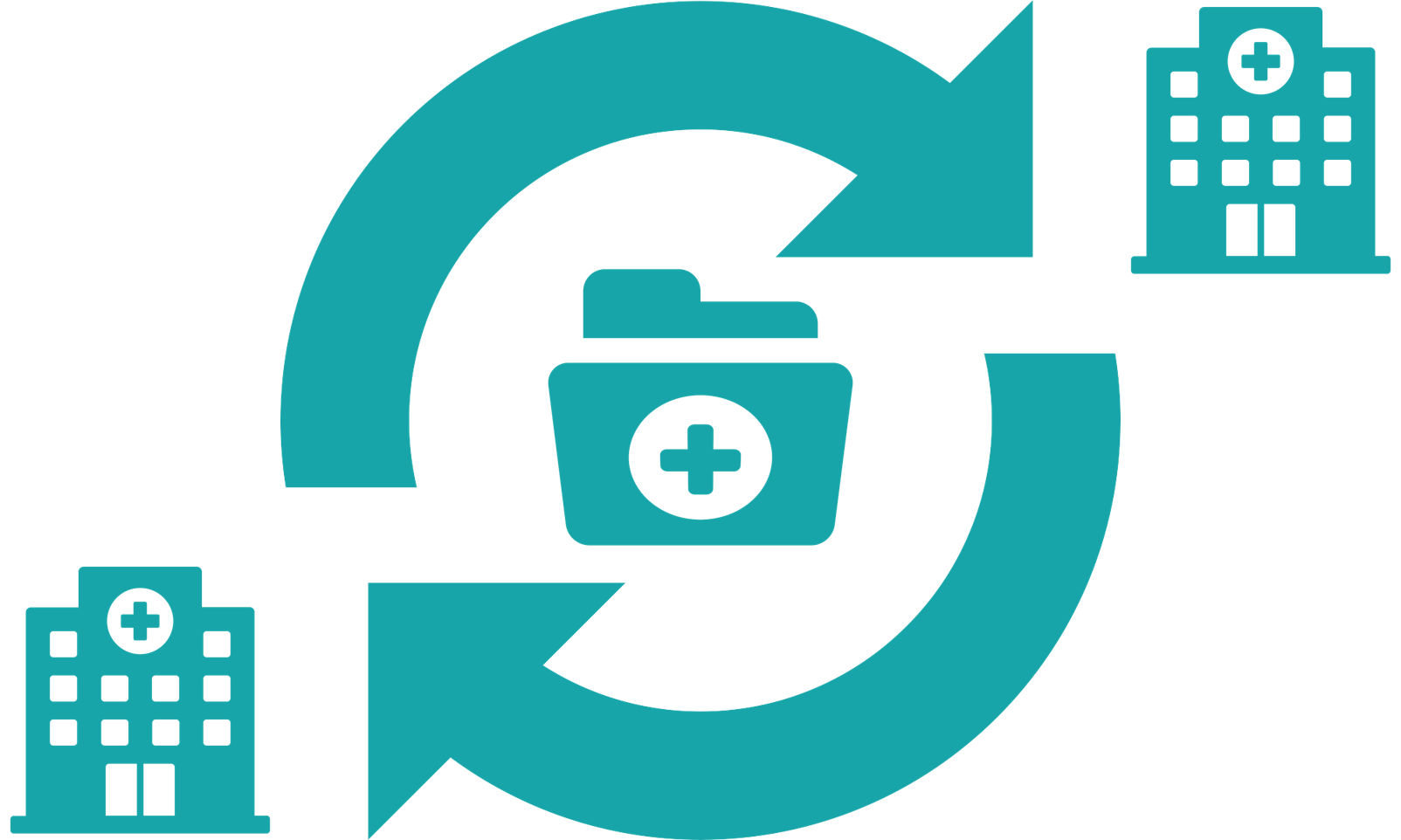
Senior care at home can be an option, but can be very costly. At-home care costs depend on how much time the professional healthcare worker is available and what the rate per hour, overnight, or day is. It is important to take into account all costs before hiring caregivers. While original Medicare plans do not cover home care, they do cover medically necessary care. Non-medical care is not covered by Medicare.
Benefits of seniors living in-home care
Senior citizens will enjoy many benefits when they have live-in caregivers. One, senior citizens are more comfortable living in a home with a caregiver than if they were to live alone. Caregivers are trained and certified to help seniors with balance, strength, cognitive function, and other issues. Moreover, live-in caregivers can help seniors with safety improvements such as grab bars and rails. Senior citizens will benefit from the independence of live-in caregivers.
One of the benefits of senior live-in caregivers is the reduction in stress. They are available to help seniors 24 hours a week because live-in caretakers are always available. Families can rest assured knowing that they are available at all times. For seniors with special needs, living-in care may be a good option. This type care is especially useful for someone who is suffering from Alzheimer's disease.

Costs of in-home care for seniors
Costs for senior care vary depending on how much care is required. Some elderly people may only need companionship for a few hours per day, even if they don't require extensive care. Others may require more assistance with daily activities, medication management or household chores. These are the things you need to know if you are thinking about hiring a home-care agency for in-home care.
New York State can be divided into 10 geographic and economic regions. Each has its own rates. The most expensive major cities in New York are Buffalo and Utica. The Albany Capital Region offers lower-than-state rates at $5,148 per month. Prices are higher in the New York City Metropolitan Area, where prices are higher than average. Ithaca, Rochester, Syracuse and Ithaca have above-average rates. It doesn't matter where you are located, in-home care costs can be affected by many factors.
There are several options available for hiring a caregiver
There are many options available for senior caregivers. Employers have the option of hiring an independent caregiver to take on a variety if tasks. This type of caregiver helps with daily activities, and can also be trained in specific medical tasks. The pay rates for this type caregiver can vary. Independent caregivers are usually less costly and more familiar with their clients. However, it is important that you know what to expect from a care provider before you hire them.
You can avoid the hassle and expense of looking for a caregiver by hiring a placement agency. This agency refers caregivers to employers and ensures a better quality service. Placement agencies have disadvantages. The caregivers are paid per hour and the employer pays Social Security taxes and unemployment insurance. Other placement agencies may require additional fees for supervising their caregivers.

Selecting a homecare agency
You need to know what you should look for when hiring a homecare agency for an elderly parent or loved one. First, ensure they are fully insured and bonded. It is also important to find out if background checks are done on employees and whether they have insurance and bond. It is also worth asking about the number and rotation of caregivers. You should also find out what their quality-of-care standards are and whether they have conflict resolution procedures.
After you have narrowed your list, you should schedule a free, in-depth interview with the staff of each agency. Make sure the people you speak with are knowledgeable and attentive. You should inquire about their training. Also, make sure they are attentive and competent to your loved one. Also, find out how much they charge for their services. It is ultimately up to you whether the services of the agency are worth the investment.
FAQ
What are the health services?
A health care facility is one that offers healthcare services to patients. A hospital is one example of a health care facility. A hospital usually has many departments, such as an emergency department, an intensive care unit, an operating room, pharmacy and outpatient clinics.
What role do I play in public health?
Participating in prevention activities can help you protect your health as well as the health of others. Reporting injuries or illnesses to the health professionals can help improve public health and prevent future problems.
What are the various health care services available?
Patients must know that they have easy access to quality healthcare. We can help you, whether you have an urgent need or a routine checkup.
There are many options for appointments. These include walk-in clinics and same-day surgery. We also offer emergency department visits and outpatient procedures. We offer home care visits to those who live far from our clinic. We will ensure that you get prompt treatment at the nearest hospital if you aren't comfortable visiting our clinic.
Our team includes nurses, doctors, pharmacists, dentists, and other professionals dedicated to providing excellent patient service. We aim to ensure that each visit is as convenient and painless as possible.
Who is responsible to ensure public health?
Public health is an issue that affects all levels of government. Local governments manage roads, schools and parks as well as recreation facilities. Laws and regulations regarding food safety and workplace safety are provided by the federal and state governments.
How can I get my free health insurance?
If you're eligible, you could apply for free coverage. You might be eligible for Medicaid, Medicare, CHIP, Children's Health Insurance Program (CHIP), Tricare, VA benefits, Federal Employee Health Benefits (FEHB), military health plans, Indian Health Service (IHS) benefits, or some other program.
Statistics
- Foreign investment in hospitals—up to 70% ownership- has been encouraged as an incentive for privatization. (en.wikipedia.org)
- Price Increases, Aging Push Sector To 20 Percent Of Economy". (en.wikipedia.org)
- For instance, Chinese hospital charges tend toward 50% for drugs, another major percentage for equipment, and a small percentage for healthcare professional fees. (en.wikipedia.org)
- The health share of the Gross domestic product (GDP) is expected to continue its upward trend, reaching 19.9 percent of GDP by 2025. (en.wikipedia.org)
- Over the first twenty-five years of this transformation, government contributions to healthcare expenditures have dropped from 36% to 15%, with the burden of managing this decrease falling largely on patients. (en.wikipedia.org)
External Links
How To
What are the key segments in the Healthcare Industry?
The key segments of healthcare include pharmaceuticals, diagnostics biotechnology, therapeutics, diagnosis, biotechnology and medical equipment.
Defibrillators, blood pressure monitors (defibrillators), stethoscopes, and ultrasound machines are some examples of medical devices. These devices are designed to diagnose or prevent disease.
Pharmaceuticals are drugs that are prescribed to treat disease or reduce symptoms. Some examples include antihistamines and antibiotics.
Diagnostics are laboratory tests used to detect illness and injury. There are many types of diagnostics: blood tests; urine samples; CT scans; MRI scans; X-rays.
Biotechnology is the use of living organisms, such as bacteria, to create useful substances that can then be applied to humans. Examples include vaccines, insulin, and enzymes.
Therapeutics are the treatment of diseases and symptoms that is administered to people to relieve them. These treatments can include drugs, radiation therapy and surgical interventions.
Information technology for health is a category of computer software that helps physicians and their teams manage patient records. It helps doctors track what medications are being taken and when they should be taken.
Any equipment used to diagnose, treat or monitor illnesses or conditions is medical equipment. Examples include dialysis machines, pacemakers, ventilators, operating tables, etc.